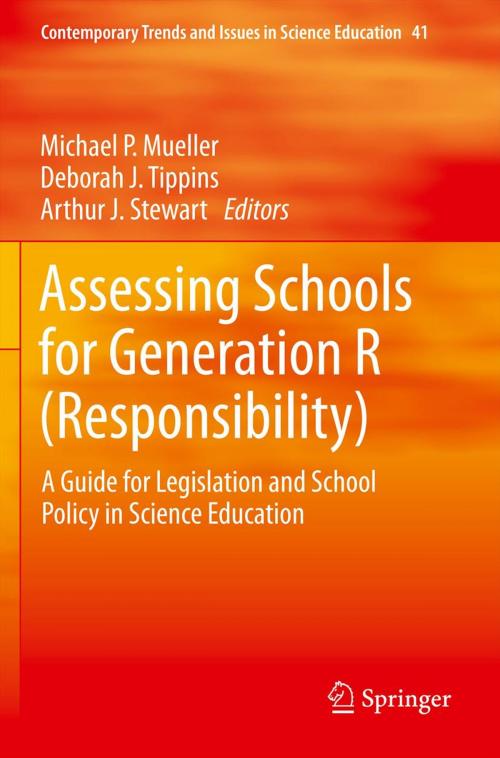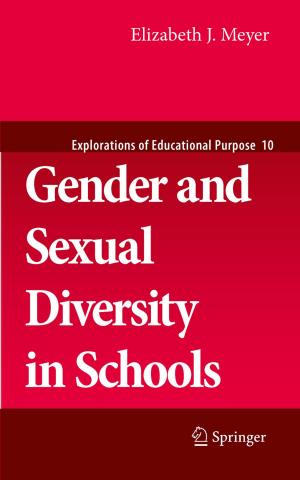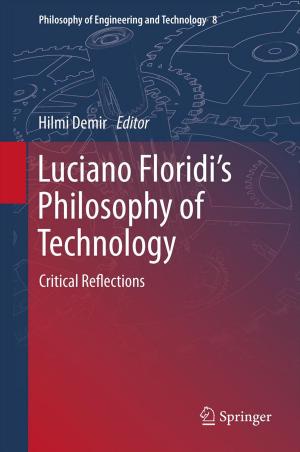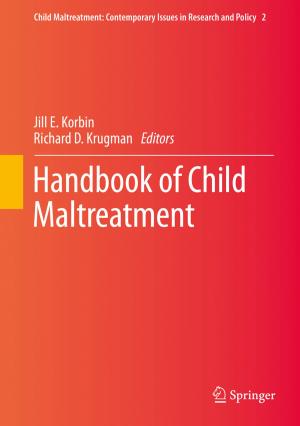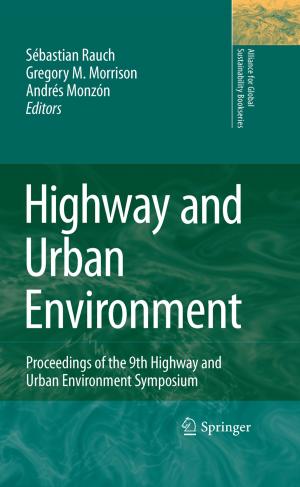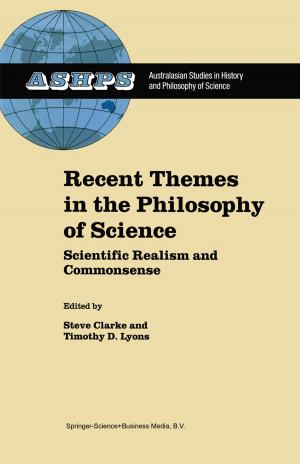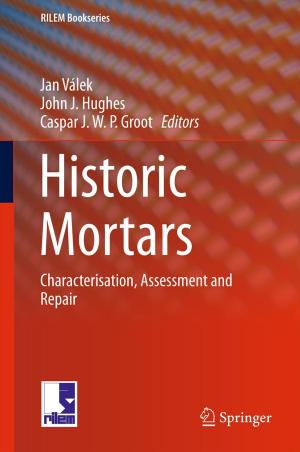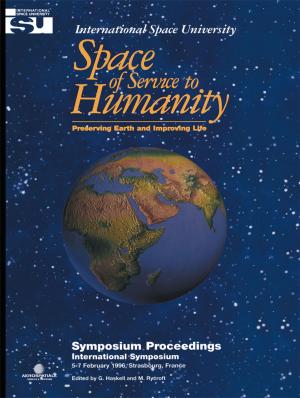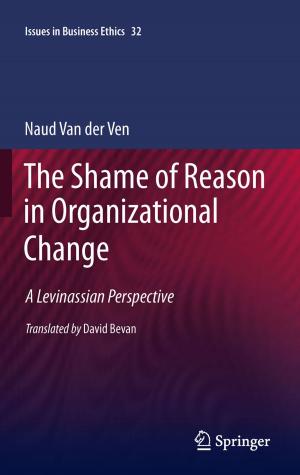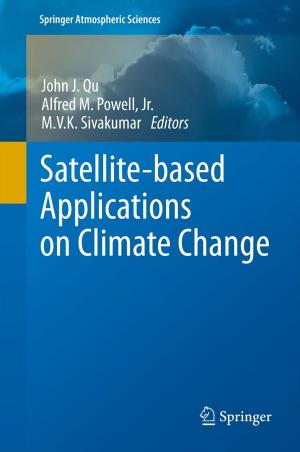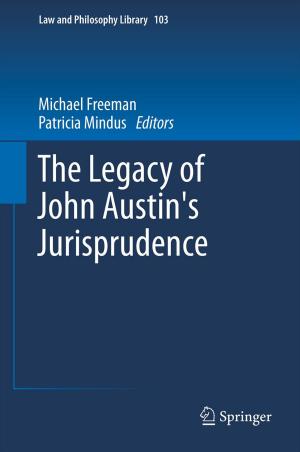Assessing Schools for Generation R (Responsibility)
A Guide for Legislation and School Policy in Science Education
Nonfiction, Reference & Language, Law, Environmental, Science & Nature, Science, Other Sciences, Study & Teaching, Education & Teaching| Author: | ISBN: | 9789400727489 | |
| Publisher: | Springer Netherlands | Publication: | July 17, 2013 |
| Imprint: | Springer | Language: | English |
| Author: | |
| ISBN: | 9789400727489 |
| Publisher: | Springer Netherlands |
| Publication: | July 17, 2013 |
| Imprint: | Springer |
| Language: | English |
Today’s youth will face global environmental changes, as well as complex personal and social challenges. To address these issues this collection of essays provides vital insights on how science education can be designed to better engage students and help them solve important problems in the world around them.
Assessing Schools for Generation R (Responsibility) includes theories, research, and practices for envisioning how science and environmental education can promote personal, social, and civic responsibility. It brings together inspiring stories, creative practices, and theoretical work to make the case that science education can be reformed so that students learn to meaningfully apply the concepts they learn in science classes across America and grow into civically engaged citizens. The book calls for a curriculum that equips students with the knowledge, skills, attitudes and values to confront the complex and often ill-defined socioscientific issues of daily life.
The authors are all experienced educators and top experts in the fields of science and environmental education, ecology, experiential education, educational philosophy, policy and history. They examine what has to happen in the domains of teacher preparation and public education to effect a transition of the youth of America.
This exciting, informative, sophisticated and sometimes provocative book will stimulate much debate about the future direction of science education in America, and the rest of the world. It is ideal reading for all school superintendents, deans, faculty, and policymakers looking for a way to implement a curriculum that helps builds students into responsible and engaged citizens.
Today’s youth will face global environmental changes, as well as complex personal and social challenges. To address these issues this collection of essays provides vital insights on how science education can be designed to better engage students and help them solve important problems in the world around them.
Assessing Schools for Generation R (Responsibility) includes theories, research, and practices for envisioning how science and environmental education can promote personal, social, and civic responsibility. It brings together inspiring stories, creative practices, and theoretical work to make the case that science education can be reformed so that students learn to meaningfully apply the concepts they learn in science classes across America and grow into civically engaged citizens. The book calls for a curriculum that equips students with the knowledge, skills, attitudes and values to confront the complex and often ill-defined socioscientific issues of daily life.
The authors are all experienced educators and top experts in the fields of science and environmental education, ecology, experiential education, educational philosophy, policy and history. They examine what has to happen in the domains of teacher preparation and public education to effect a transition of the youth of America.
This exciting, informative, sophisticated and sometimes provocative book will stimulate much debate about the future direction of science education in America, and the rest of the world. It is ideal reading for all school superintendents, deans, faculty, and policymakers looking for a way to implement a curriculum that helps builds students into responsible and engaged citizens.
